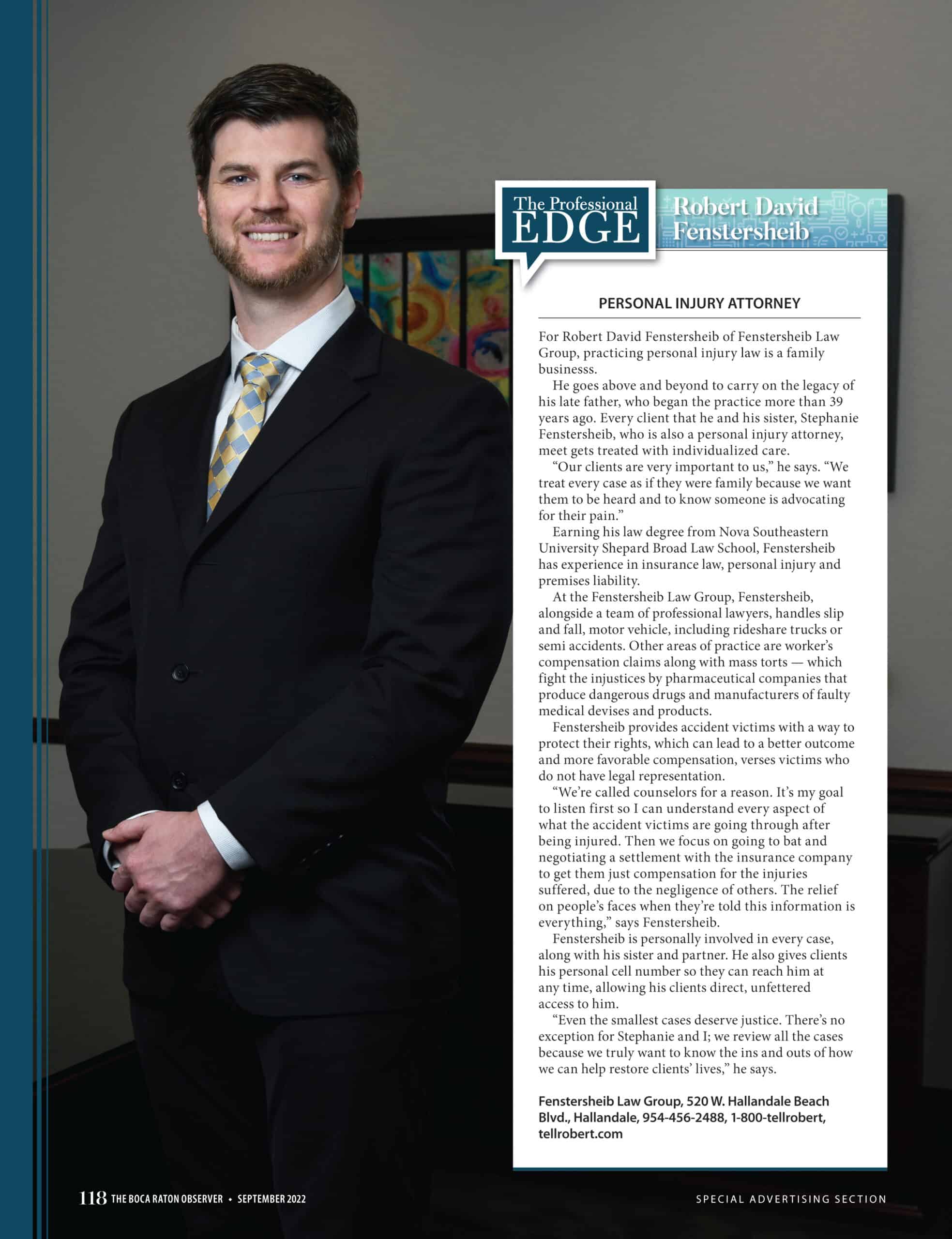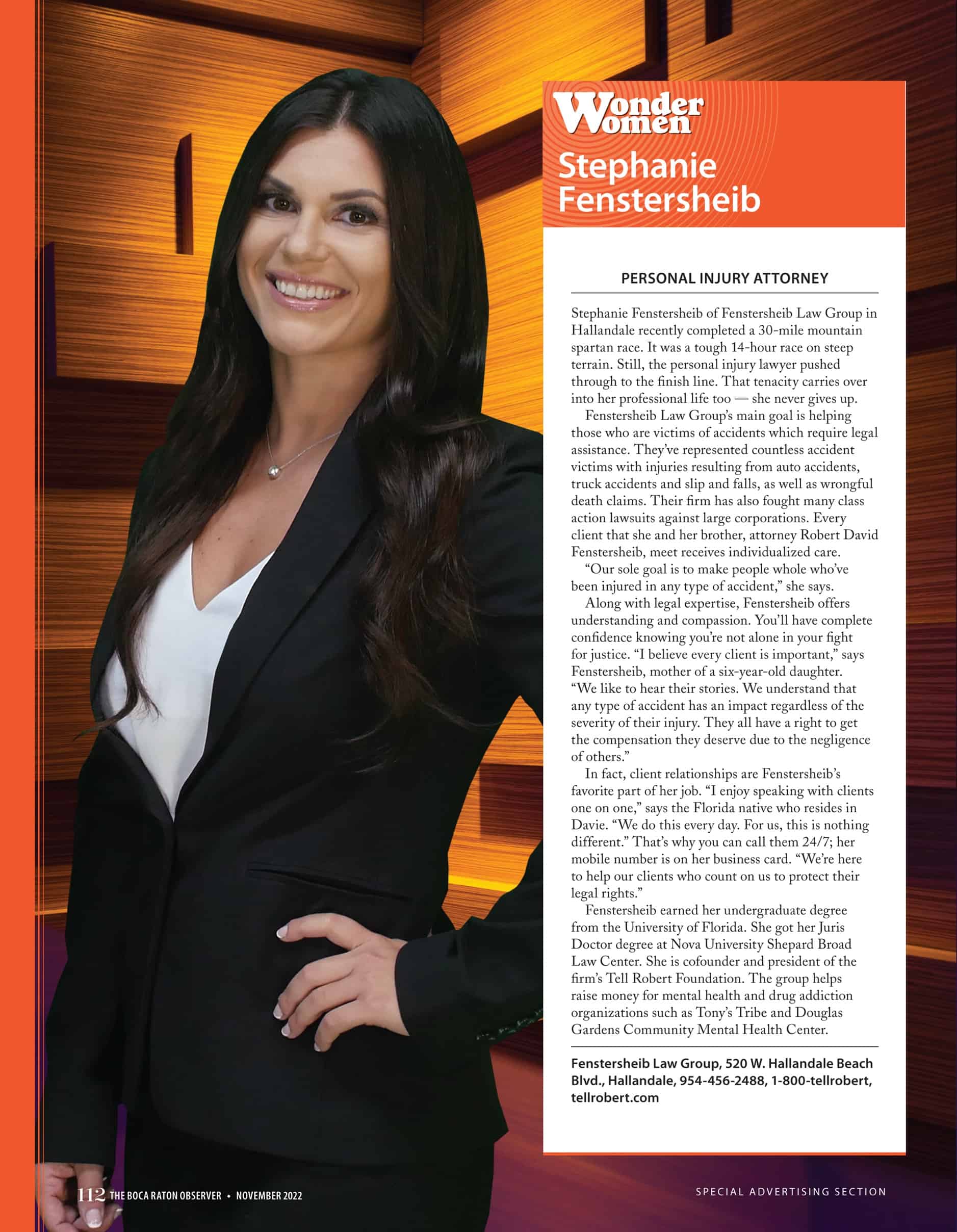1. What Kind Of “Personal Auto Insurance” Are Rideshare Drivers Required To Carry In Florida, And When Does It Apply?
Very few rideshare drivers carry anything beyond a run-of-the-mill personal policy, just like most people on the road. Many drivers who use their vehicles to make money need to purchase a commercial rather than a personal policy. However, this comes at a hefty price, and since it isn’t a requirement for Uber or Lyft drivers in Florida, not many are willing to pay it.
Here’s the critical piece of information: personal policies (without special endorsements for rideshare drivers) do not apply when the vehicle is being used to make money (e.g., accepting/fulfilling passenger ride requests).
This means that if a driver who carries a personal policy causes an accident while actively working for Uber or Lyft, their personal policy won’t provide any coverage. (Even worse, the rideshare driver could be found in violation of their personal auto policy and altogether lose coverage with that insurer.)
2. How Does Third-Party Liability Insurance Work?
During Stage 1, 2, and 3, Uber and Lyft provide third-party liability insurance, which covers injuries and property damage sustained by others (i.e. “third parties”) as a result of the accident; it does not cover the rideshare driver’s injuries or property damage.
3. In Florida, Uber Provides Uninsured/Underinsured Motorist (UM/UIM) Coverage For Bodily Injury; Who Benefits From This, And When Does It Apply?
This type of coverage benefits the rideshare driver and any rideshare passengers who have sustained injuries during an accident that was not caused by the rideshare driver, but by another driver on the road who is uninsured or underinsured.
4. What’s Contingent Comprehensive And Collision Coverage?
Comprehensive and collision coverage can help pay for property damage to vehicles caused by an accident or an event outside the driver’s control (e.g., poor weather conditions, road hazards, theft). However, Uber and Lyft will provide this coverage only during Stage 2 and 3, and only if the rideshare driver’s personal auto policy already includes it. It’s important to note that deductibles apply, which reduces the amount Uber or Lyft will pay.
Have you been injured in a rideshare-related accident in Florida, and you’re not sure how the various types of coverage can benefit you?
At Fenstersheib Law Group, P.A., our Uber and Lyft accident attorneys work tirelessly to ensure that injured rideshare passengers receive the maximum amount of compensation possible.
This requires knowing the ins and outs of rideshare driving stages and the coverage that applies at each. We’ve covered the basics here, but nothing beats a personalized evaluation of your specific situation.
Don’t hesitate to call us today for answers to any and all of your questions. We’re eager to hear from you.
Our main office is located in Hallandale Beach, Florida, and we have secondary Florida offices located in Hollywood, Miramar, Fort Lauderdale, West Palm Beach, Orlando, Sarasota, Tampa, & Jacksonville.
Call Fenstersheib Law Group, P.A. at 800-TELL-ROBERT


